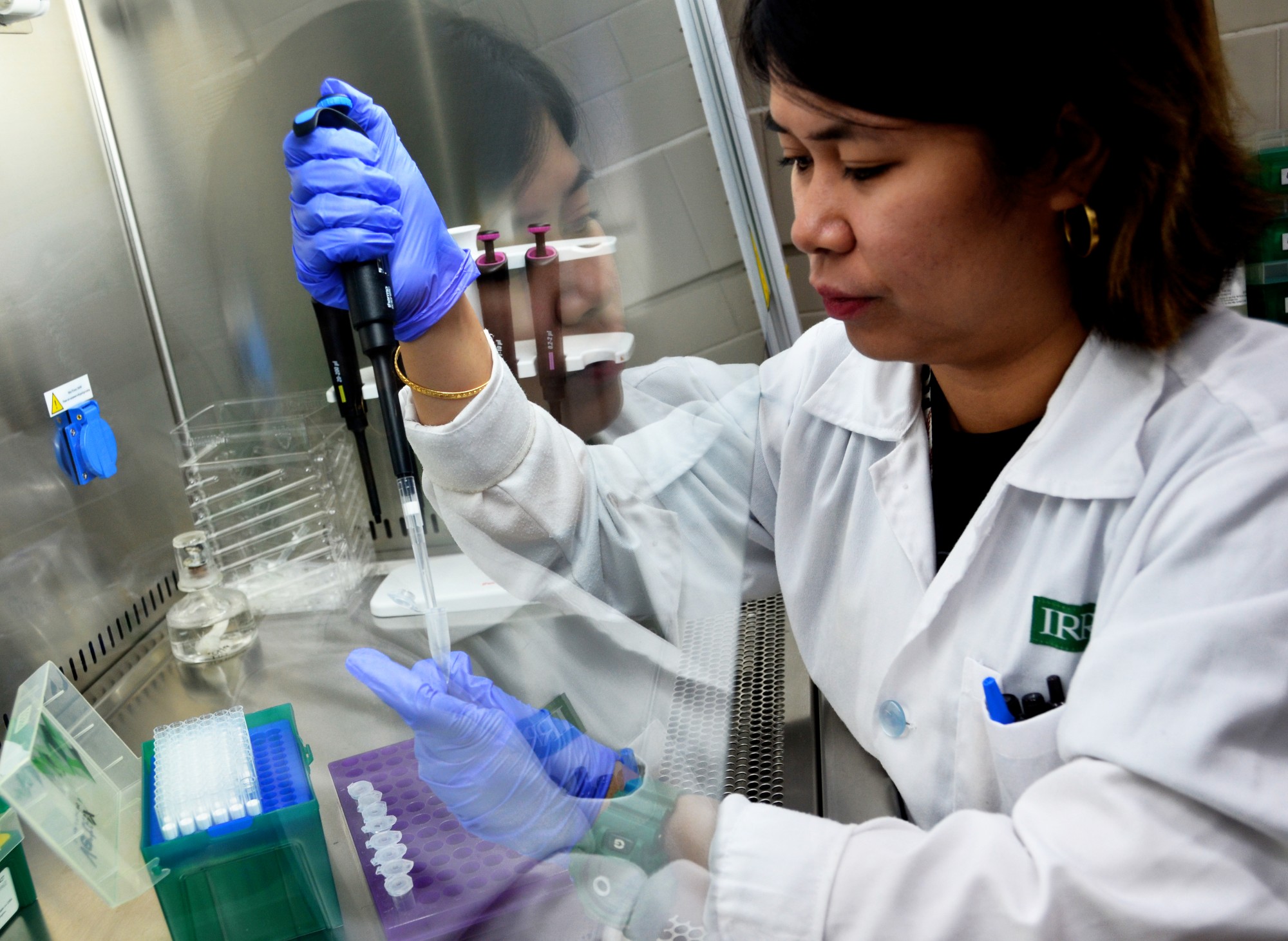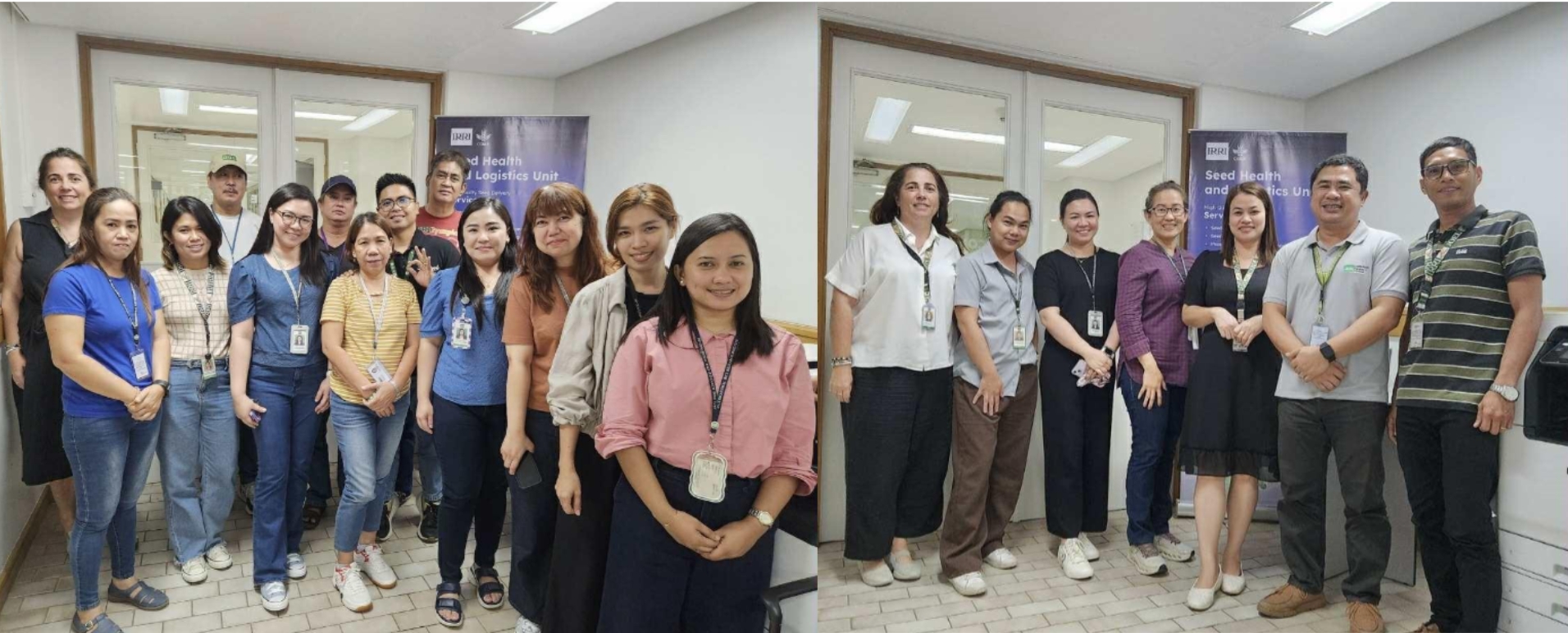
IRRI’s SHU clears global quality audits to speed safe rice seed exchange
LOS BAÑOS, Philippines —The Seed Health and Logistics Unit (SHU) of the International Rice Research Institute (IRRI) has completed internal audits under two international standards, strengthening global trust in rice seed exchange and helping ensure that farmers and researchers get timely access to improved, disease-free varieties.
Every year, SHU processes thousands of seed samples for shipment to breeding programs and research partners worldwide. Each shipment must comply with strict international phytosanitary requirements from plant health regulators to confirm that seeds are free from pests and diseases. Delays and inaccurate reports can slow down collaborative research and restrict farmers’ access to improved rice varieties.

To keep seed movement efficient, SHU operates under internationally recognized standards. In August, the unit successfully completed internal audits under ISO/IEC 17025:2017, the global standard for testing and calibration laboratories, and ISO 9001:2015, the standard for quality management systems. Meeting these benchmarks shows that SHU’s work is technically sound and globally credible, trusted by authorities such as the Philippines’ Bureau of Plant Industry (BPI) and other National Plant Protection Organizations (NPPOs).
“More than sustaining high conformity with these two international standards, it’s about keeping global rice research and breeding moving,” said SHU Manager Dr. Martina Castellion. “Every time we remove bottlenecks in seed movement, we accelerate the delivery of healthier, higher-yielding varieties to the farmers who need them.”
With strong performance across both standards, SHU is better positioned to keep rice breeding programs on schedule and maintain reliable seed movement for global research partners.